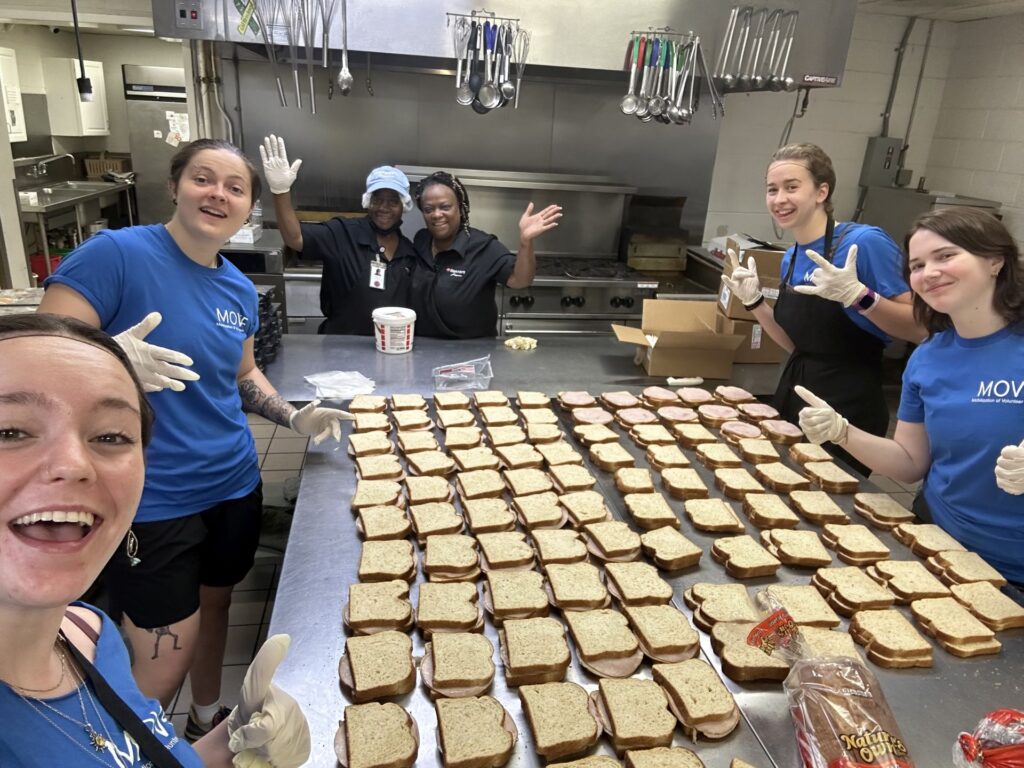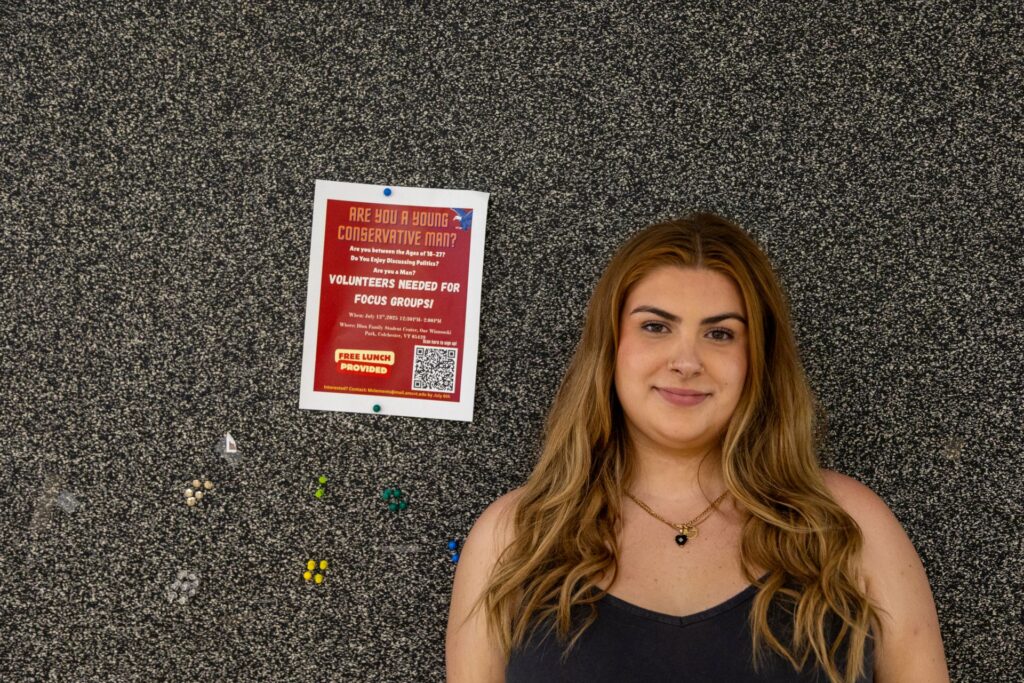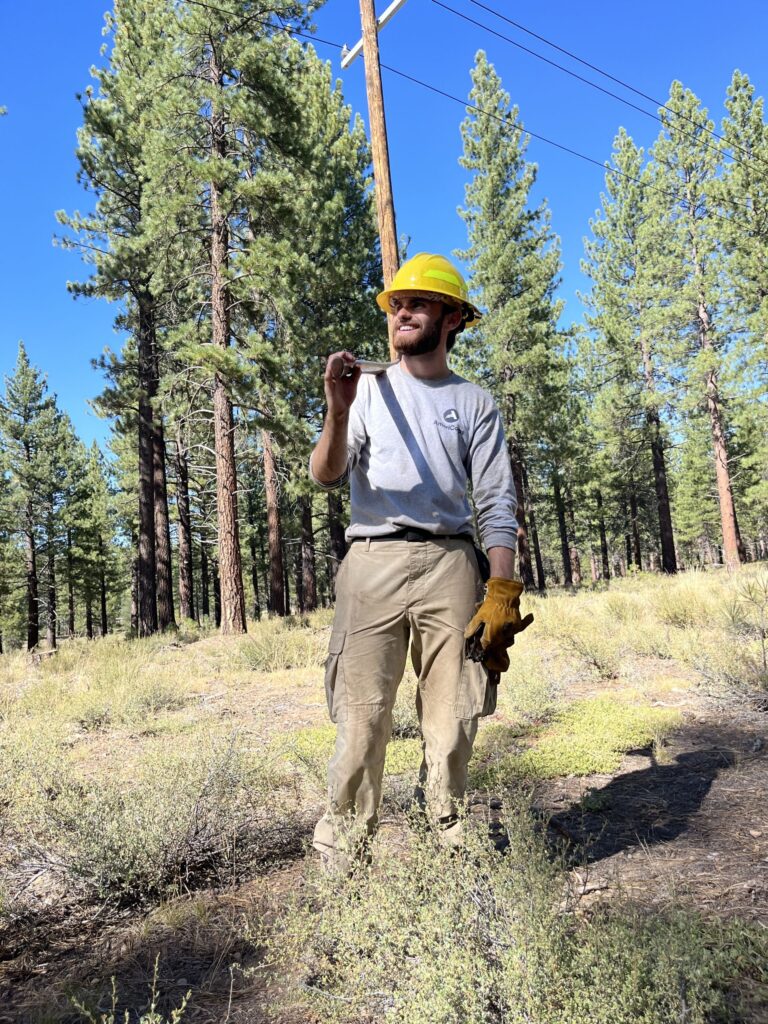Former ambassador to Syria visits Saint Michael’s
On Monday, May 1 at Saint Michael’s College, former U.S. ambassador to Syria Robert Ford came to campus to give a lecture on what the United States is currently doing in Syria and the challenges of making foreign policy in the midst of a humanitarian conflict. Ford is currently a Henry Kissinger Fellow at Yale University, has received an award from the John F. Kennedy Library for defense of human rights, and several service awards from various State Departments.
Ford focused in particular on shedding light on current military efforts in Syria that are not related to combating ISIS (Islamic State of Iraq and Syria), and the widely unknown conflicts between the U.S. and Turkey. Often, all we hear about US military efforts in Syria is that we are fighting ISIS. However, as Ford explains, this is not the case anymore. ISIS has lost most of the territory they controlled, meaning they have largely been defeated. Yet, the Trump Administration announced their plan this past January to leave US military troops in Syria indefinitely. In fact, we now have 2,000 forces in Syria, an increase from 500 forces in 2016, and are in the process of building more military bases there. Overall, current spending in Syria adds up to about 12 billion dollars. If ISIS is largely defeated, what is the purpose of US extended military presence in Syria? Ford outlines two main reasons: conflict with Russian mercenaries over Syrian gas fields, and conflict with the Turkish government over the Syrian Kurds.
A lot of fighting has taken place in the past couple months in a town called Dier Al Zour, not against ISIS, but against Russian mercenaries. Ford explains that the mercenaries work for a man named Yevgeny Prigozhin, an oligarch who used to be Vladimir Putin’s personal chef. He owns an oil and gas company, and a contract with Bashar Assad (the current Syrian dictator) to repair and return to service all of the oil and gas fields that were damaged in the Syrian Civil War. Prigozhin sent the mercenaries in to Dier Al Zour to take a big gas field there, which was once owned by an American company called Conoco, from the Syrian Kurds. According to Ford, “the Americans intervened on behalf of the Syrian Kurds, bombed the incoming waves of Russian, Syrian and Iranian fighters, and killed over 200 people. Where in that sentence did I say ISIS?” Ford uses this information to reveal that the United States government took sides in this conflict over a Syrian economic asset, not over ISIS.
Now, according to him, we are fighting for the Syrian Kurds, which brings us to our current conflict with Turkey. Ford explains that the Syrian Kurds are connected to a terrorist group in Turkey, called PKK, and the attacks by the PKK in Turkey in the past two years largely originated from Syria. Consequently, the Turkish government has become angry with the American forces for watching the Syrian Kurds attack Turkey without doing anything. “Mike Pompeo was in Ankara three days ago”, Ford revealed, “I guarantee you that that was what the Turkish foreign minister said to him”.
Ford believes that even if Erdogan, the leader of Turkey, is “a dictator and a problem”, it will not be in American interest to Isolate him. “Which is more in American interest”, he asks, “to be friends with the Syrian Kurds, who number maybe 2.5 million and a total gross domestic product of 2.5 billion dollars, and have no friends anywhere in the region, or to not alienate the leader of Turkey, whose GDP is one of the 18 largest in the world, whose army is the second largest in NATO, whose country is one of the most important strategically linking Europe to Asia and the Middle East?” He predicts that soon the United States will have to make a decision between the two. If the audience were to take away anything from his lecture, according to Ford, it should be how difficult it is to create foreign policy in the midst of a humanitarian crisis such as the one in Syria, and that there may be no perfect answer.
Robert Ford’s insights were of great value for the students at St. Mike’s to learn, and we can’t thank him enough for taking the time to visit our campus and share them with us.







